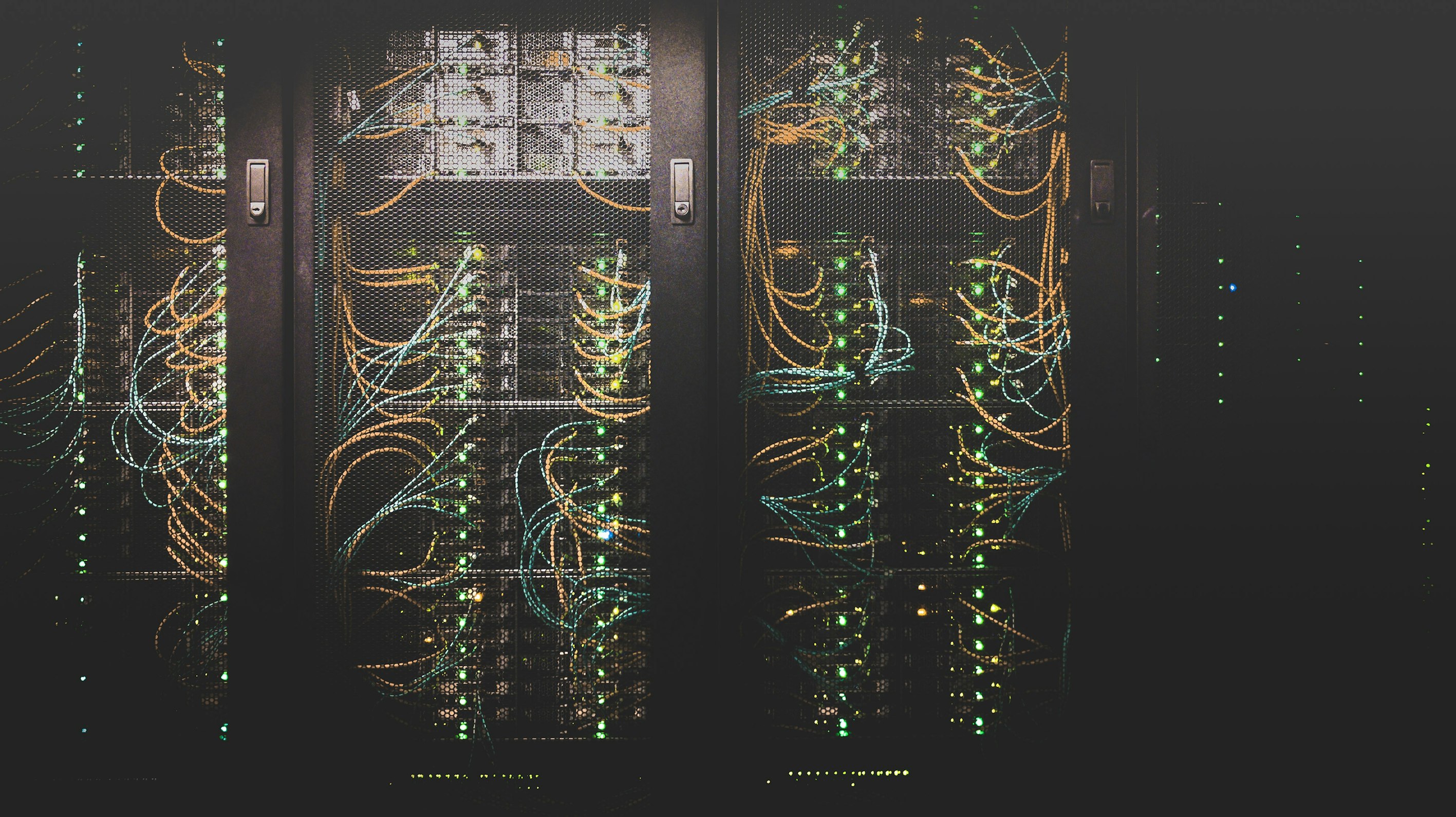One of the fundamental ideas behind blockchain is decentralization. This decentralization control of information stored on the blockchain allows people to come to a consensus on what people own, have control over, and more. However, numerous blockchain critics state that blockchain is currently centralized and that centralization is inevitable. While I believe that these critics are nitpicking and are short-sighted in their thinking, there are certainly concerns that the blockchain will end up centralized.
Today, the biggest point of centralization in blockchains public blockchains stems from nodes being run on the cloud. Before you can understand why this is a problem, you need to be familiar with the cloud and blockchain nodes.
Side Note: So far when I mention blockchain I am talking about public blockchains like Ethereum, Solana, Flow, Polygon, and more. These are blockchains anyone can access and add data to, so being decentralized is extremely important. There are private blockchains, which are more centralized, and they have their use cases. If you are interested, look up how Walmart uses blockchain for its supply chain management. However, that is not what will be discussed today.
What is the Cloud
The cloud is an on-demand set of servers that host applications and store information. The cloud allows anyone to create an application and store user information on web servers without having to own web servers. Before the cloud, all companies with a website had to run and own web servers and this simply was not sustainable or scalable.
Most Popular Cloud Products
-
Google Could
-
AWS (Amazon Web Services)
-
Microsoft Azure
What are blockchain nodes

Simply put, blockchain nodes are computers. There are numerous types of blockchain nodes. Generally, these nodes are either responsible for providing a gateway for users to access information on the blockchain, add information to the chain, or participate in the consensus method of the blockchain.
Side Note on Consensus Methods:: A blockchain’s consensus method is how the entire chain comes to a conclusion that the given information is valid and was so post to be added to the chain.
Side Note: You might be wondering why anyone would run a blockchain node and why they would perform ethical behavior. In terms of consensus, there are financial incentives for only adding valid data to the blockchain. However, for providing access to a blockchain there still is not a great incentive to be one, but there are projects working on that. If you are interested in one of these projects, look into Ankr (although they are certainly not in the news for the right reason now).
The Problem With Running Nodes on the Cloud
By running blockchain nodes on the cloud the person who sets up the node does not really own the node. The node is controlled by the company cloud service provider, for instance, Google. Hence, let’s say for some reason a certain blockchain is taking a lot of users off of Google. Google might be incentivized to shut off all of that blockchain’s nodes running on Google Cloud. If a large portion of that blockchain’s nodes are on Google, it severely reduces the speed of information access on the chain. Furthermore, it also provides a central source of failure. For instance, if Google Cloud was shut down all of those nodes would stop functioning.
So Why do People Run Nodes on the Cloud
Simply put, it is hard for people to get the resources they need to run blockchain nodes. It requires a lot of computer storage, processing power, technical knowledge and more. Ironically, the problem with running blockchain nodes is similar to the reason why the cloud was created in general. Moreover, because the decentralized nature of the blockchain goes against the nature of centralized cloud service providers, these companies probably want to incentivize people to run nodes on their servers so they do not lose relevance as blockchain technology becomes more mainstream. Google’s recent announcement of bringing its blockchain node engine to Solana is an example of this behavior.
Side Note: I do not think that services like Google Cloud will die if blockchain continues to grow. I believe that there will still be uses for centralized web systems and that for some use cases blockchain is ideal and for others, the system we use right now will still be better suited.
Final Thoughts
It might seem as though blockchains like Ethereum and Solana having a large portion of their nodes being run on centralized servers goes against the thesis of blockchain, and you would be right. However, I think that this is only temporary. In the future, I believe that it will become easier and more financially incentivized to run nodes and as a result, more companies, institutions and perhaps even people will start running nodes without using cloud services.
Thank you for reading my article!
If you enjoyed this post or my content, feel free to collect my Lens posts for a small fee or tip me via my ENS and follow some of my socials below.
Twitter: @TheRealSiddhu
Lens: siddharthgowda.lens
ENS: siddharthgowda.eth